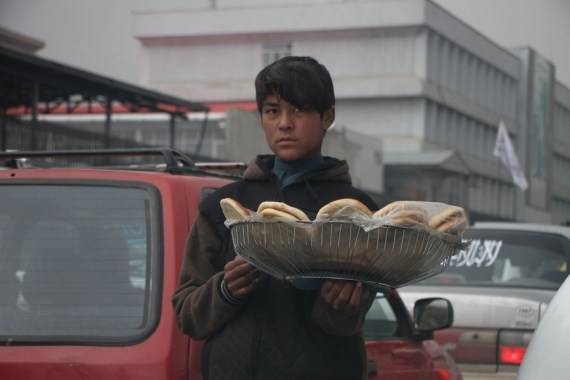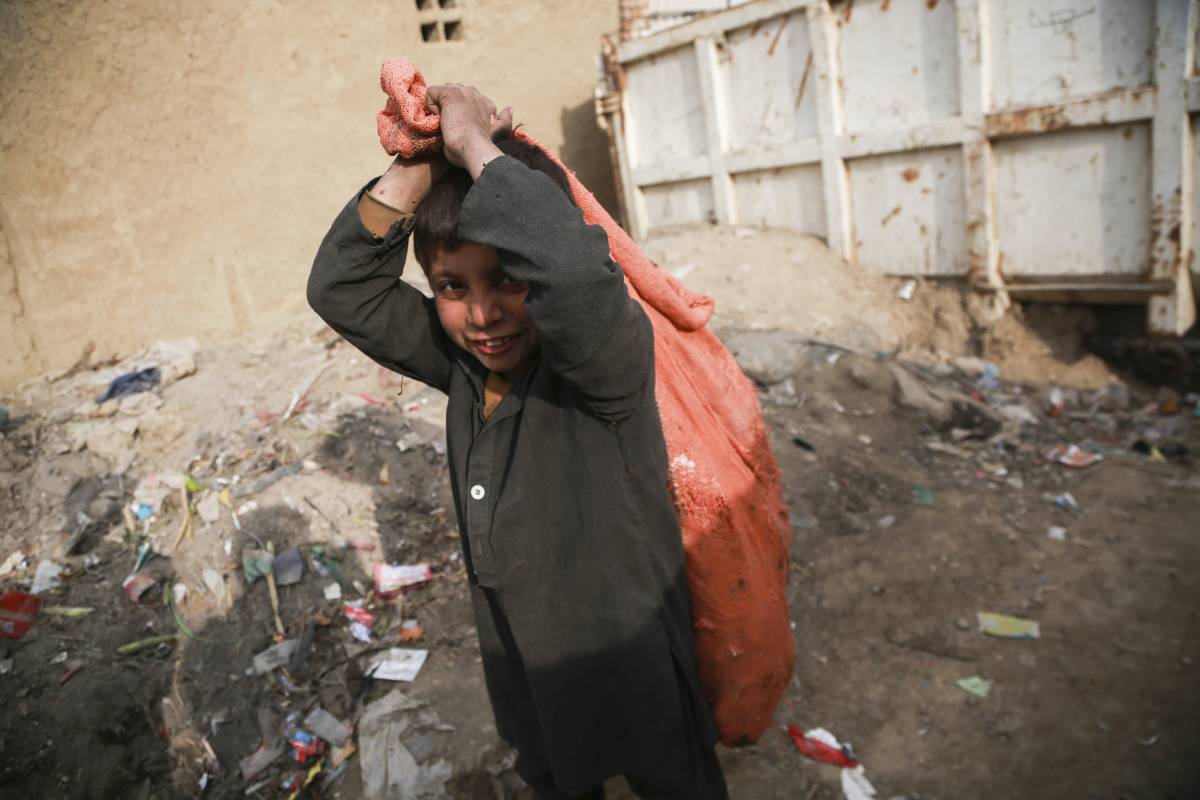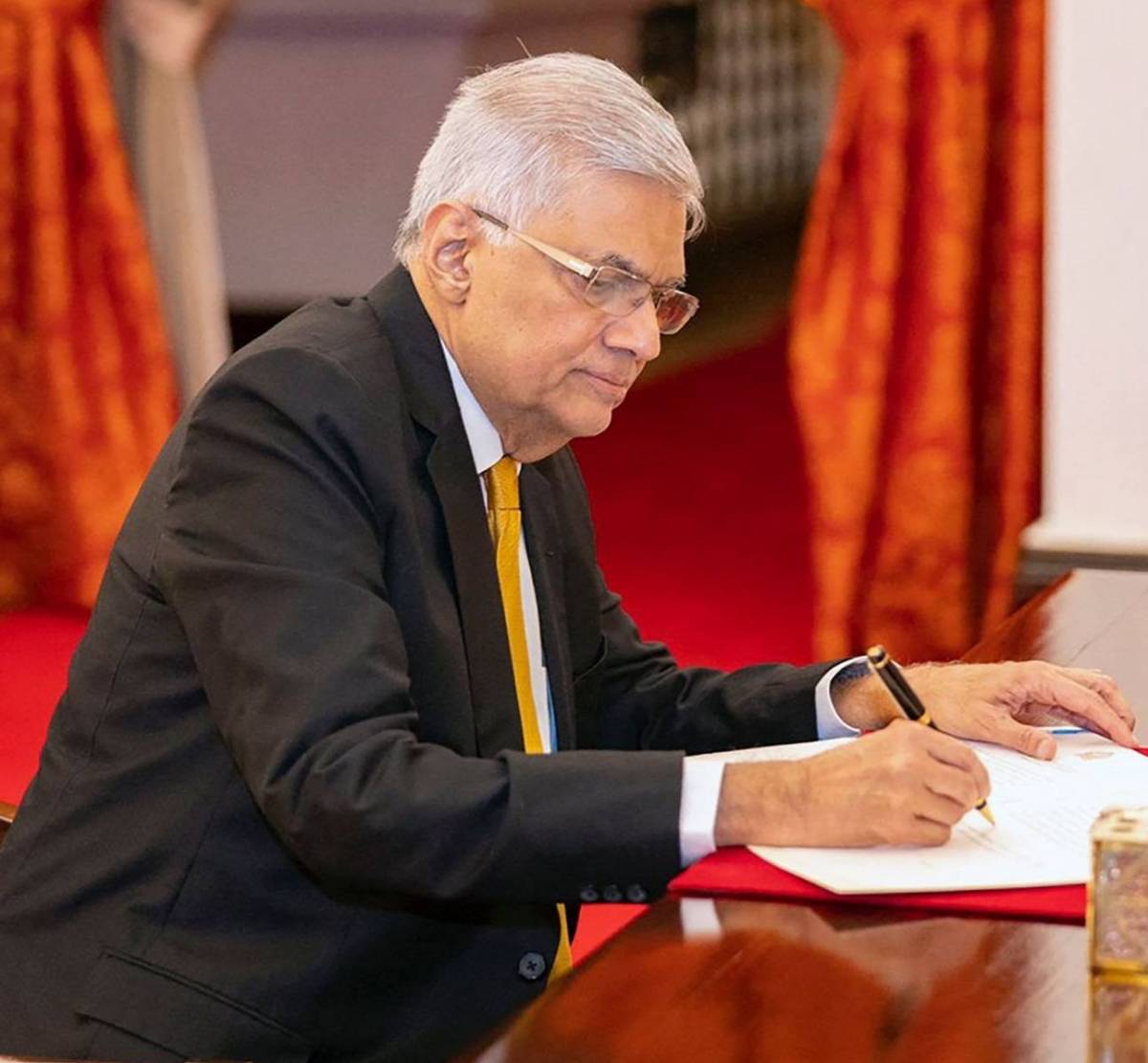Families working at the factories said that in order to find food, their children have been kicked out of school and are busy working in the factory from morning to evening…reports Asian Lite News
Due to looming economic problems, post the Taliban took over Afghanistan, a number of families and children in order to feed themselves are forced to work in brick factories.
The owners of brick factories said that in just three brick factories 170 families with their children are engaged in hard labour, reported Tolo News.
“There are 170 families which work to make bricks, and there are around 60 people which have come here without family, all of these families have come from Jalalabad,” said Awozubillah, the owner of a brick factory.
The owners of these factories also stated that following the increase in the price of coal, the income of workers in these factories has decreased, reported Tolo News.

Families working at the factories said that in order to find food, their children have been kicked out of school and are busy working in the factory from morning to evening.
“I work here to provide a piece of bread for my family, though it doesn’t help that much,” said Javid, a labourer working at the factory.
Nine-year-old Emran, who left school in order to feed his family, said that two of his sisters are also working in the factory from morning till evening, and at the end of the day the total of their income is less than five hundred Afghanis (Afghan currency), reported Tolo News.
“We have to work in order to provide a piece of bread for eating,” said Emran, another child labourer working in the factory.
Jan Alam, who is in charge of bringing families from Nangarhar to Kabul, said they pay 350 Afghanis for each family to make 1000 bricks. He added that so far he brought 70 families to the factory, reported Tolo News.
“Children of the families are bringing sand and their elders are working to make bricks,” said Alam Jan, a resident of Nangarhar.
According to the US Special Inspector General for Afghanistan Reconstruction (SIGAR), at least 900,000 Afghans have lost their jobs since the Taliban took control last August.
Working women are disproportionately affected, according to SIGAR, with women’s employment expected to fall by 21 per cent by mid-2022, reported The Khaama Press.
Since the Taliban took power, unemployment has skyrocketed, and poverty across many parts of the country has put millions of people at risk.
According to the International Labour Organization, more than 500,000 Afghan workers lost their jobs in the third quarter of 2021, and the number of people who will lose their jobs since the Taliban took control is expected to reach 700,000 to 900,000 people by mid-2022, reported Khaama Press.
Due to four decades of conflict, severe drought, and pandemics, Afghanistan’s economy was already collapsing.
After the Taliban seized power following the hasty withdrawal of US soldiers, the international community froze Afghanistan’s assets and withheld help. (ANI)














